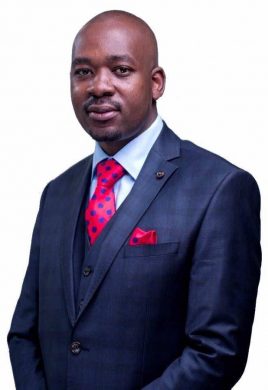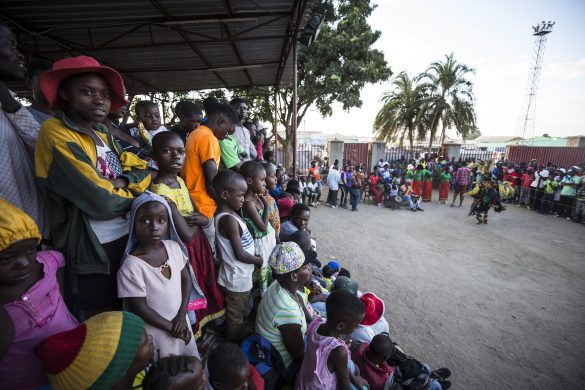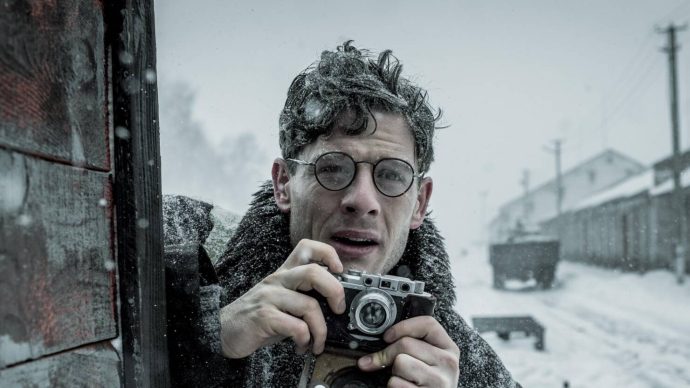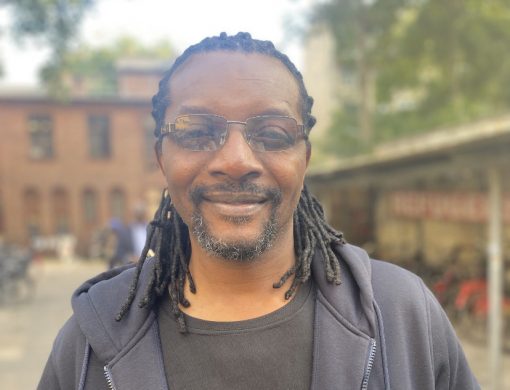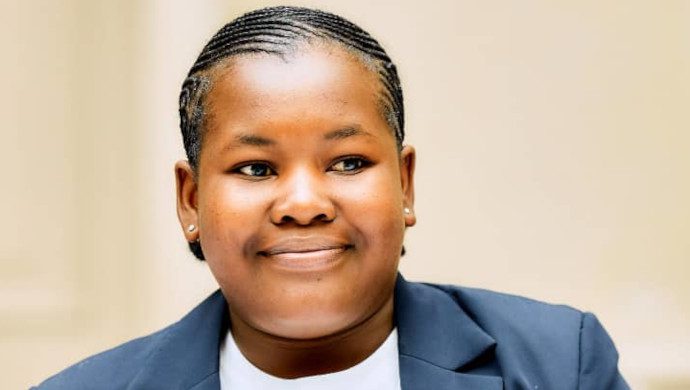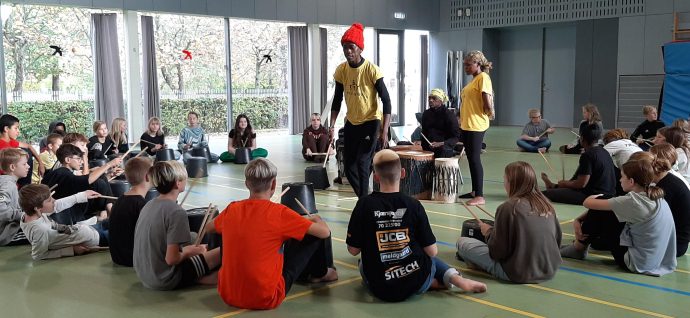The infamous resignation of authoritarian leader Robert Mugabe in November 2017 under pressure from a mutinous military and citizens fed up with 37 years of autonomous rule resulted in an unforeseen change in leadership.
As fate may have it, the leader of the main opposition, Movement for Democratic Change (MDC), Morgan Tsvangirai died of colon cancer February 2018 decisively marking the end of the political careers of two politicians who had dominated Zimbabwe’s political scene for long.
Citizens of Zimbabwe are seeing prospects of change albeit from different angles. Those in the ruling party see Mugabe’s successor, Emmerson Mnagangwa as an agent of change on the basis of his opposition to Mugabe and his mantra that “Zimbabwe is open for business”.
Mnagangwa has charmed the international community engaging with the EU, the US, international financial partners and investors arguing that he offers a different playing field than that of Robert Mugabe and will observe the rule of law.
At the other end of the political scale, opposition supporters are now coalescing around 40 years old Nelson Chamisa and arguing that Mnagangwa is a continuation of the same old ZANU PF order.
This dichotomy plays out in the mainstream and social media with the state-owned media largely in support of Mnagangwa while the private media affords Chamisa´s voice more space. The stage is set for citizens of Zimbabwe to pronounce their verdict on the two on 30 July.
Other parties are not expected to garner more than 5% of the vote.
Mnangagwa’s Achilles-heel is that he was Mugabe’s enforcer over the 37 years of repression. The question of whether he offers change or remains the same is what haunts his campaign.
On the other hand, Chamisa is portrayed by ZANU PF as a fanciful youthful politician with lttle idea of the noughts and bolts of state craftsmanship.
Citizens finding their voice on and offline
The majority of voters are young people, 60% of them below 45 years of age. What is equally recognisable during these elections is that citizens have far more freedoms to express their views on social media and in public gatherings. This is a major leap forward for Zimbabwe in that citizens can now gather under political banners of their choice without violence.
In a few incidents some political activists have been seen wearing a Mnagangwa T-shirt and a Chamisa hat. Humorous as it is, it is also a deep cry for tolerance and peace.
In this regard the opposition has traversed the length and breath of Zimbabwe without being barred by the ruling party and the police as in the past
Citizens have in general become more vocal and platforms for sharing information have increased, especially on Facebook and WhatsApp.
This is partly a result following the coup against Mugabe and shows how citizens are now more confident in expressing themselves. With nearly 100% mobile phone penetration, citizens of Zimbabwe are increasingly using mobile phone-based digital media as sources of information on the coming election.
It is common for citizens to belong to WhatsApp groups that share information on elections with the attendant risk of fake news being generated and shared. Attacks on Mnagangwa campaign have included fake posts on WhatsApp and facebook that he intends to reintroduce the dreaded Zimbabwe dollar that was decommissioned in 2008 after the Weimar Republic kind of inflation.
The Reserve Bank of Zimbabwe and the ruling party were forced into a defensive mode over the issue.
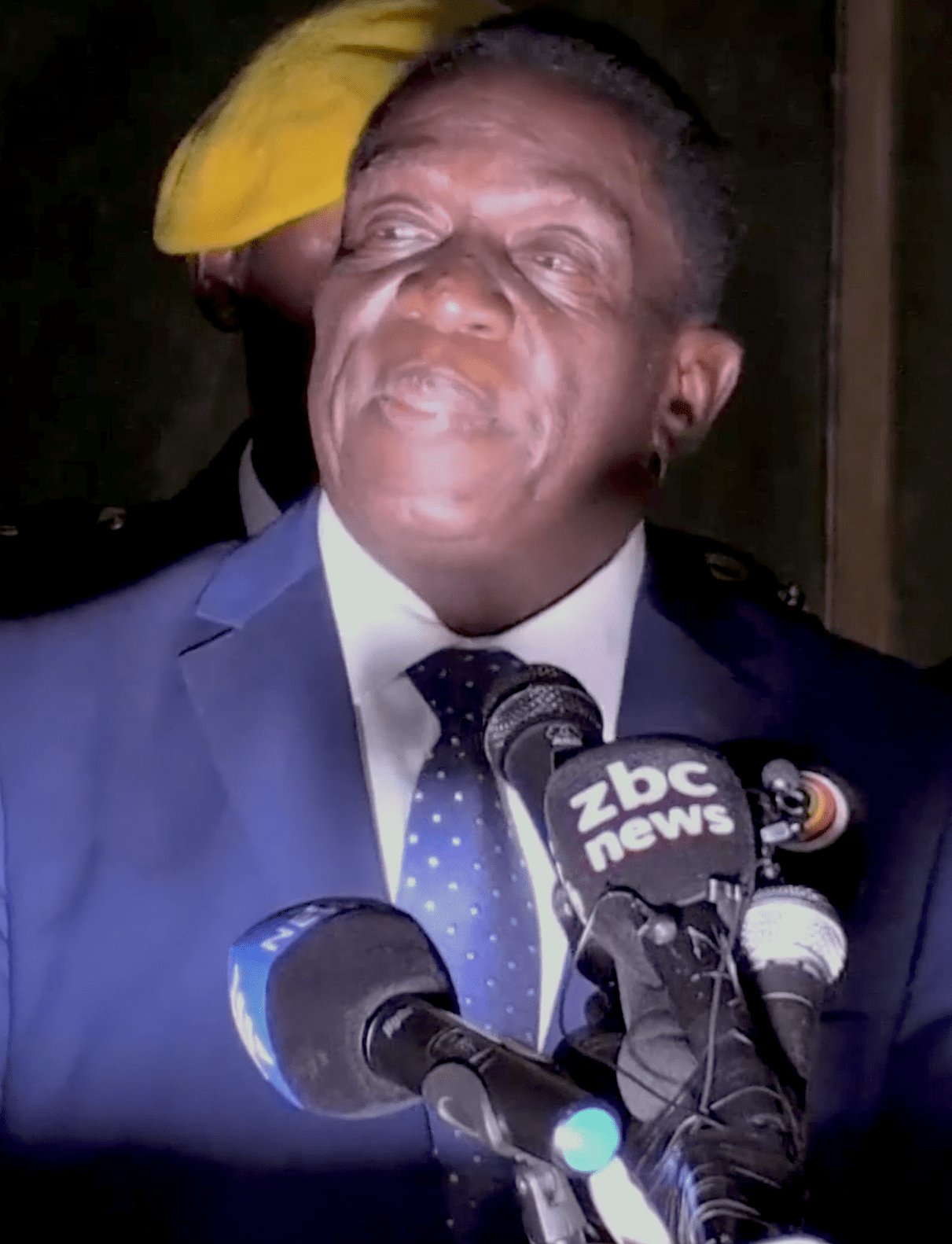
Præsident Emmerson Mnangagwa.
More importantly social media have been used to monitor political threats and a few incidences of violence resulting in arrest of perpetrators.
However, the Media Monitors, a Media Research organisation that has folowed the media’s coverage of the Zimbabwe elections, says that the dominant state-owned media remains in support of Mnangagwa, though noting that coverage of opposition figures has slightly improved.
While the electoral act gives the Electoral Management Body powers to demand fair and balanced electoral coverage, the body has not censured any media house for bias.

